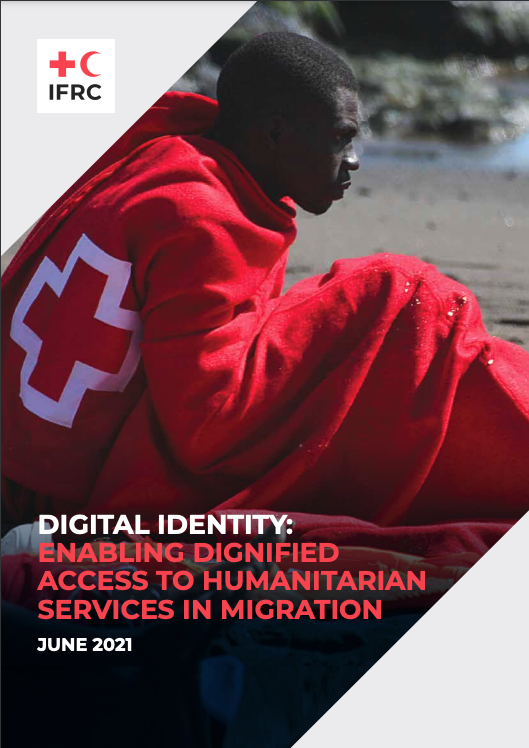Digital Identity: Enabling dignified access to humanitarian services in migration

At the various stages of their journeys, migrants are asked to identify themselves to gain access to humanitarian services. But people on the move have specific needs and concerns when it comes to identification. The sheer variety of migration scenarios around the world make this a multifaceted topic, including issues related to the inclusion and protection of those who are fearful of being identified. Meanwhile, there is an accelerating trend for humanitarian organizations to adopt digital identification technology in their work with forcibly displaced migrants. This brings with it opportunities to improve access to services, but also risks around, for instance, data privacy and security.
A new consultancy report, Digital Identity: Enabling dignified access to humanitarian services in migration, sheds light on these considerations based on interviews with a range of migration experts and stakeholders. The report makes specific recommendations for organizations contemplating the use of digital technology to identify the migrants they serve.
This consultancy was commissioned by the IFRC and supported by the Dignified Identities in Cash Assistance (DIGID) project consortium comprised of the Norwegian Red Cross, Norwegian Refugee Council, Norwegian Church Aid, and Save the Children Norway. The DIGID consortium also held a webinar featuring the consultant to introduce the report, as part of Data and Digital Week in April 2021.
